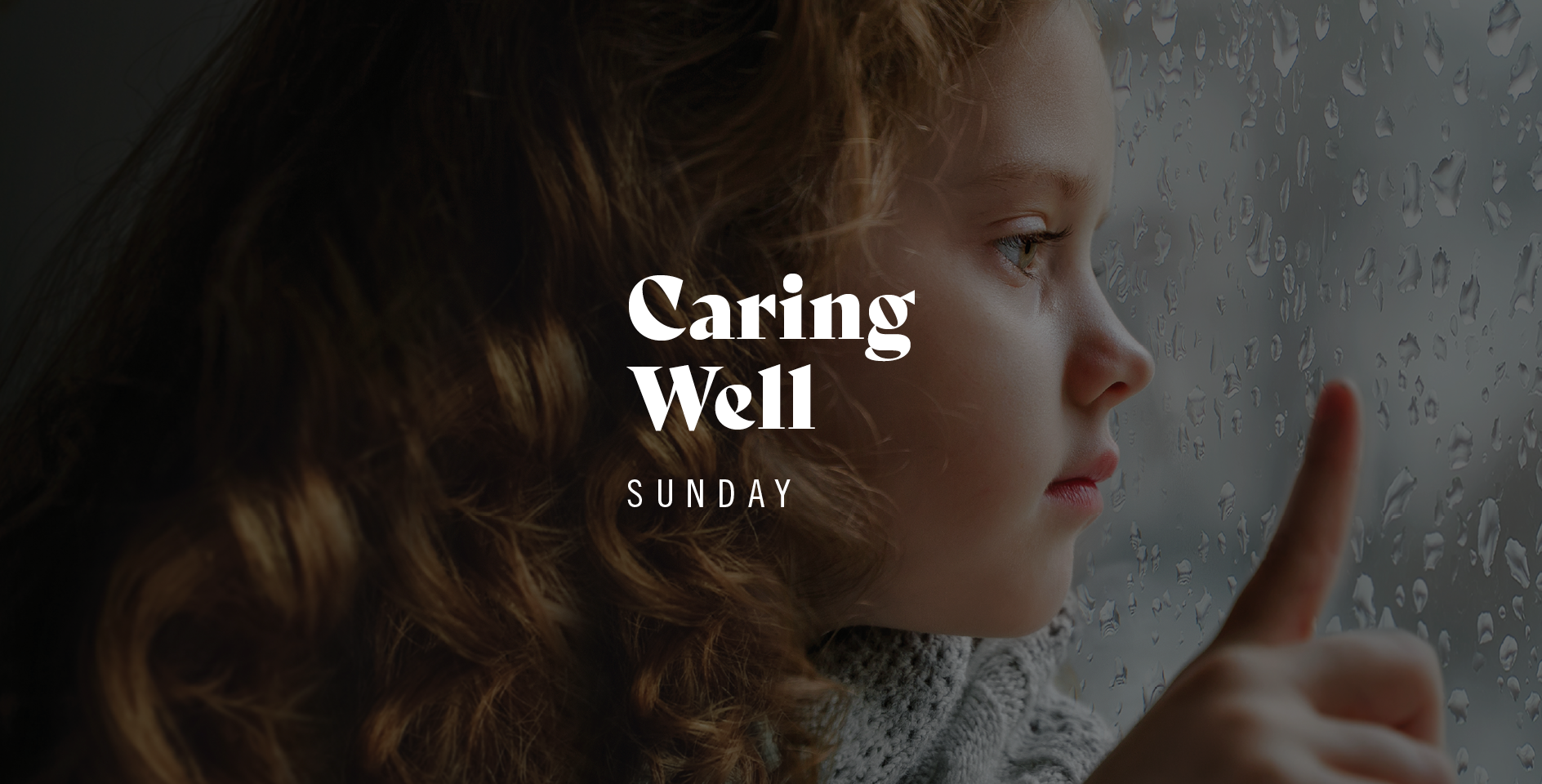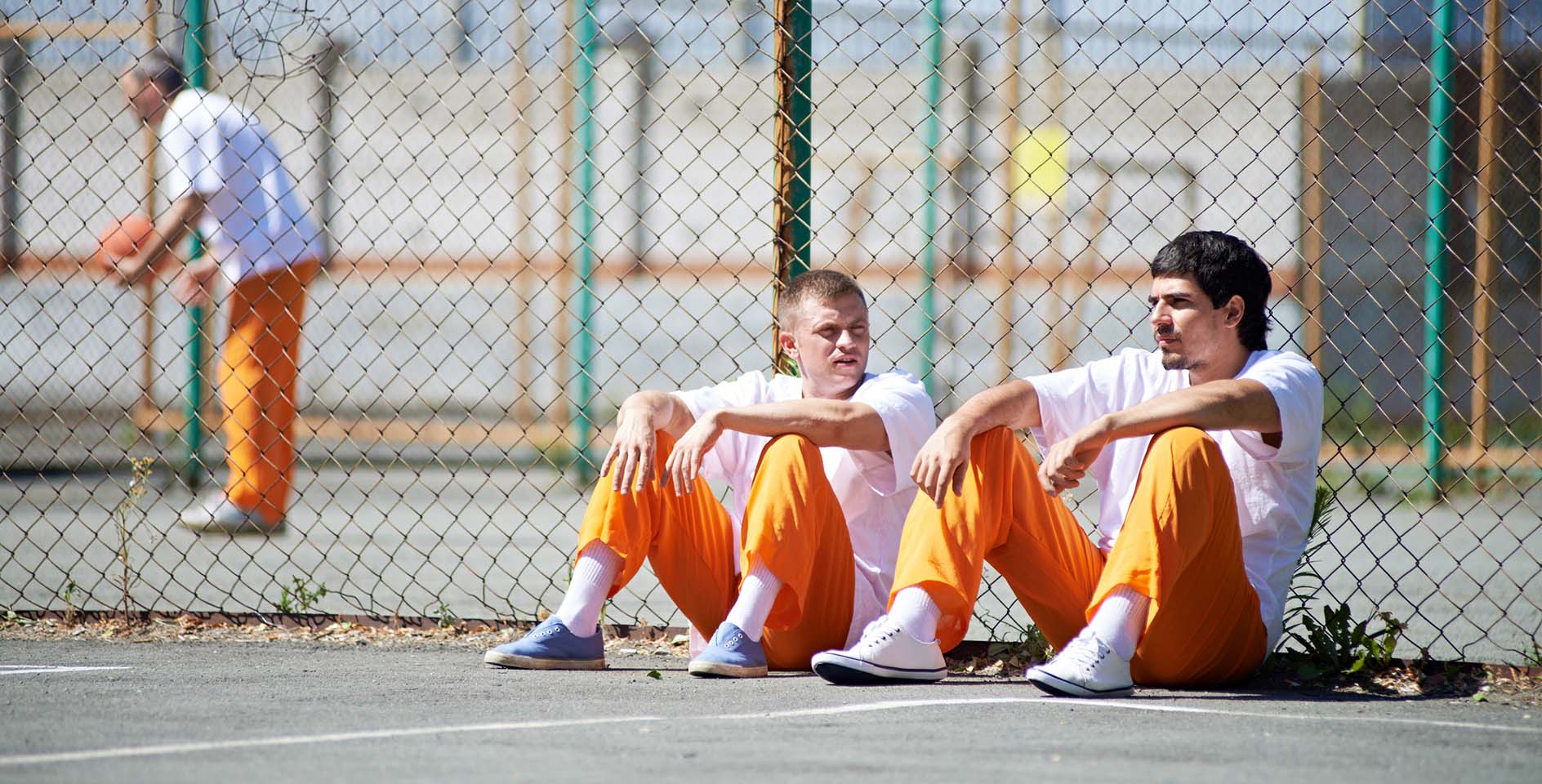Editors note: The following article contains graphic details of a sexual nature related to sexual abuse and assault. Please read with discretion.
A Pennsylvania Catholic priest raped a young girl, got her pregnant, and arranged an abortion. Bishop James Timlin wrote a letter of sympathy after this traumatic situation. He said, “This is a very difficult time in your life, and I realize how upset you are. I too share your grief.” But the bishop’s letter was not directed to the traumatized girl. It was actually sent to the priest.
This and many other horrific stories have emerged in the wake of a wide-ranging 884-page grand jury report that documents hundreds of cases of sexual assault and abuse by Catholic clergy in Pennsylvania since the 1940s.
At the 2018 SBC annual meeting, I stood on the floor of the convention to make a motion that the newly elected SBC president appoint a group to assess and address issues related to sexual abuse amongst Southern Baptists. Last month, SBC president J.D. Greear announced the formation of a Sexual Abuse Presidential Study Group in connection with this motion. The purpose of the group is to evaluate how the #MeToo moment facing Southern Baptists can be turned into a movement that results in lasting change.
As Southern Baptists commit to studying this issue for the next year, what can we learn from the Pennsylvania Catholic sexual abuse crisis?
First, it exposes the trauma of victims in a way that should drive us to compassionate ministry. The lingering effects of abuse, especially at the hands of clergy, cannot be overlooked or minimized. An adult victim who was one of five siblings abused as children by a priest “suffered a panic attack in the grand jury suite” after testifying about her experience. Several months later, she attempted suicide. Another victim “was so violently raped when he was 7 years old that he suffered injuries to his spine. [He] became addicted to pain medication, and eventually overdosed and died.”
The trauma that victims experience is not only caused by the abuse but amplified when deep wounds are reopened as they have to deal with the trauma later on. As one 37-year-old victim put it, “It's very lonely. Especially when it's your word against God's." You can hear the despair in her voice as you read those words. The place that should have been the safest turned out to be, for her, the most dangerous.
The report reveals the dangers inherent in the instinct to cover up sin and criminal activity. It declares, “All victims were brushed aside, in every part of the state, by church leaders who preferred to protect the abusers and their institution above all. The main thing was not to help children, but to avoid scandal.”
Unless Southern Baptists approach issues of assault and abuse by prioritizing the care of victims, then we will not be able to effectively address the issue.
Unless Southern Baptists approach issues of assault and abuse by prioritizing the care of victims, then we will not be able to effectively address the issue.
Second, it exposes how the root of sexual trauma is not just the abuse of people but also the abuse of power. This manifested itself in several ways. There was abuse of power through the use of authority. As the report states, “Priests were raping little boys and girls and the men of God who were responsible for them not only did nothing: they hid it all.” Clergy used their status to gain favor, groom targets, then guard themselves.
Then, there was abuse of power through the use of language. For example, “A priest's removal was explained to his fellow clergymen as him being ‘sick’ or having ‘nervous exhaustion.’" Likewise, they used euphemisms to describe sexual assaults, with the report documenting instructions to "never say 'rape'; say 'inappropriate contact' or 'boundary issues.'" Rather than call this abuse what it was—heinous sin and a clear crime—church leaders leveraged their power to blunt the fall out through the misuse of language.
There was also abuse of power through the use of spiritual justification. The report notes that a “young girl was raped by a number of priests who later told her that this was God's way of showing love." Another boy was “made to pose naked as Jesus while other priests took pornographic pictures.” The details are gut-wrenching and soul crushing. Clergy used their power to convince victims that what happened to them was not bad. But they went further than that. Clergy used their power to spiritually justify how the abuse was actually good.
If Southern Baptists want to make strides in addressing these issues, we must recognize how trauma stems from both the abuse of sex and the abuse of power.
Third, it exposes how a broken system can amplify individual injustice. The particular examples of abuse are heartbreaking enough, but it is also alarming how the ecclesiastical and legal systems empowered and protected predators. For instance, there was a “ring of predatory priests” in the 1970s “who shared intelligence about their victims and sometimes even the victims themselves.” Instead of holding their peers accountable, these priests actually leveraged their relationships to advance abusive activity.
The church, furthermore, simply relocated these abusers to other parishes much of the time. The report notes, “Diocesan administrators, including the Bishops, had knowledge of this conduct and yet priests were regularly placed in ministry after the Diocese was on notice that a complaint of child sexual abuse had been made. This conduct enabled offenders and endangered the welfare of children.” Instead of protecting victims from priests, they protected priests from prosecution.
Shamefully, church leaders often protected the offenders rather than report the crimes. In one case, a priest admitted to molesting approximately three dozen boys. “Despite the admissions and a clinical diagnosis of pedophilia, the priest was then transferred to another diocese in Pennsylvania where his bizarre sexual fixation continued.” The report notes the long, difficult path to lasting change: "Priests were raping little boys and girls, and the men of God who were responsible for them not only did nothing; they hid it all . . . Until that changes, we think it is too early to close the book on the Catholic Church sex scandal."
In addition, church leaders often manipulated the legal system to enable their cover up. The report observes that administrators and Bishops “often dissuaded victims from reporting abuse to police, pressured law enforcement to terminate or avoid an investigation, or conducted their own deficient, biased investigations without reporting crimes against children to the proper authorities.” The problem wasn’t just the broken victims of abuse; it was also the broken system that empowered and protected predators.
As Southern Baptists seek to engage the subject of abuse, we must address potential issues at both the individual and systemic level.
This tragic report reads like an extended manifestation of Romans 1 perversity. Lack of compassion for victims. Abuse of power. A broken system. These are the major takeaways from the grand jury report on the Pennsylvania Catholic sexual abuse scandal. As Southern Baptists grapple with the depth of this perversity, it should cause us to seek the Lord to help us flee from sin and walk in a manner worthy of the gospel. What does it profit our churches if we get it right on sexual abuse but wrong on our own pursuit of personal holiness? We must do both. And as we embark on our efforts to address this issue, we must learn from the missteps of others and have an unwavering commitment to protect the vulnerable and never tolerate any form of abuse.










